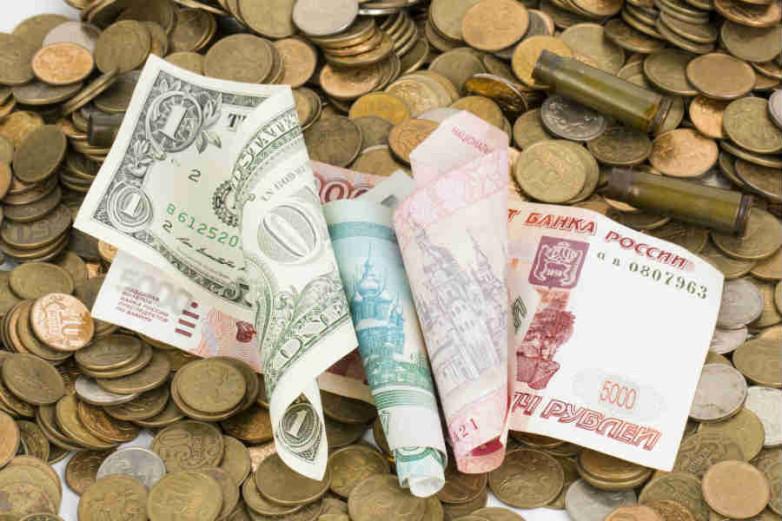
Impact on European Banks and Companies
Executive Order 13622, signed by President Obama, allows the possibility of imposing sanctions against any foreign financial institutions conducting or facilitating any significant financial transaction with the Iranian state oil companies, for the purchase of petroleum or petrochemical products.[1] The Order also permits the Treasury to take additional severe measures against those non-U.S. parties who knowingly engage in significant transactions for the purchase or acquisition of petroleum or petrochemical products from Iran. These measures include prohibiting United States financial institutions from making loans or providing credit to a sanctioned person totaling more than $10,000,000 in any 12-month period. The Order also requires the blocking of all property that is or comes into the United States or that is or comes into the possession of U.S. persons, including any foreign branch, if a sanctioned person has an interest in such property.
The subsequent Executive Order 13645 is much more restrictive than the foregoing Order. It refers to those foreign financial institutions that facilitate any significant transaction related to the purchase or sale of Iranian Rials or to the sale, supply, or transfer to Iran of significant goods or services used in connection with the automotive sector of Iran. The Executive Order 13645 also gives the authority to the Treasury to hit with sanctions non-U.S. persons who have materially assisted, sponsored, or provided financial, material, or technological support for, or goods or services to or in support of, any Iranian person included on the list of Specially Designated Nationals and Blocked Persons maintained by the Office of Foreign Assets Control (SDN List) or any other person whose property and interests in property are blocked.
This restrictive framework of secondary sanctions may have serious consequences for Europeans banks. Conduct of European depository institutions determined to be covered by the above Orders could mean their exclusion from the American financial system. In other words, it could result in a European bank’s inability to get loans from powerful American financial institutions. As a result, many European banks have currently refused to carry out any transactions with Iran, including non-commercial wires, in order to minimize the risk of exposing themselves as potential sanctions targets.
Disclaimer: Blog posts should not be relied upon as legal advice and are only provided for informational purposes. Information contained in blog posts may also become outdated with the passage of time as laws change and U.S. foreign policy and national security objectives evolve.
_______________________________________________________________________________________
[1] The National Iranian Oil Company (NIOC) or Naftiran Intertade Company (NICO).

